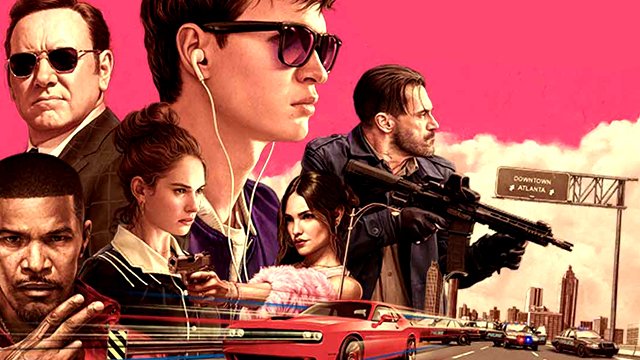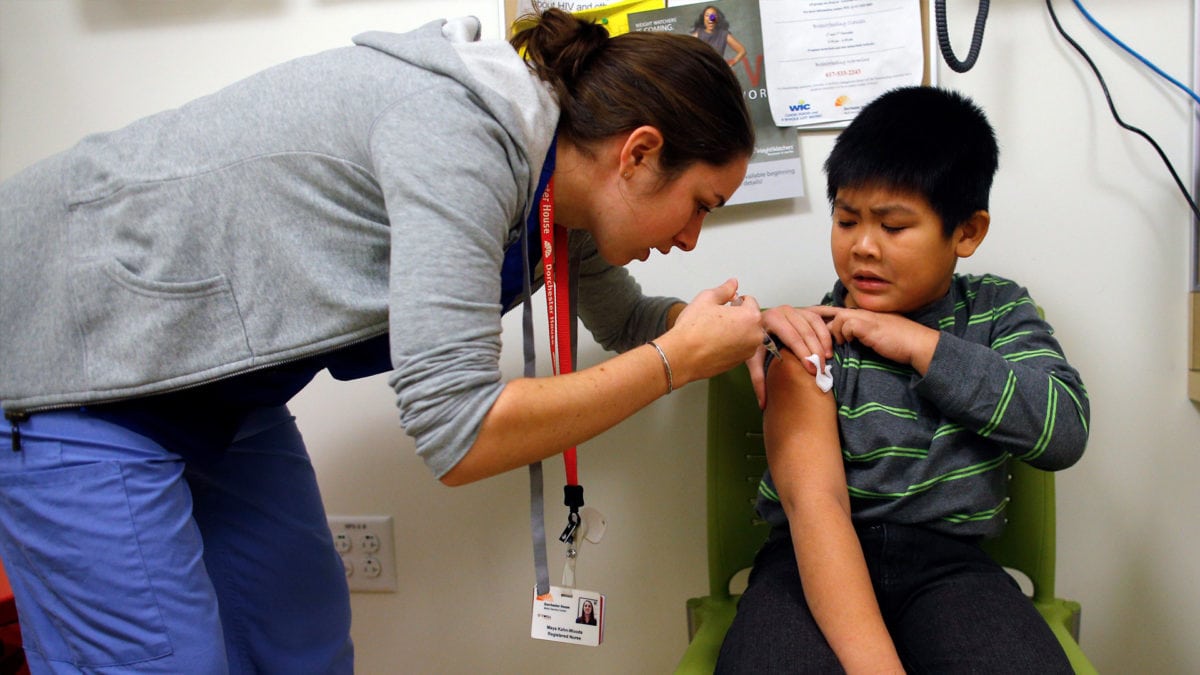Bitterness is a sneaky emotion. It creeps up on you like a bad fall flu, or a work deadline. You don’t realize it’s there until it you’re in the thick of it. Until it has completely knocked you off your rhythm and landed you in the depths of its belly. Someone once told me bitterness was old anger; anger that was never really felt, processed and released. Anger that has built up over time and never had its chance to feel understood. The Oxford Dictionary of English defines bitterness as “anger and disappointment at being treated unfairly” or “feeling or showing anger, hurt, or resentment because of bad experiences or unjust treatment.”
This week I was struck by how much bitterness I hold on to. And how that bitterness can easily prevent people from experiencing joy regardless of life’s circumstances. Bitterness gave me the license to judge those society deems as “privileged,” those who seem to have every opportunity waiting for them and very few hurdles to jump over order to get to their finish line. So as I sat on my bed after reflecting on Tonya Harding’s story with a gracious friend tears welled in my eyes, how could I have been so blind to my own bitterness? My own anger at people being treated unfairly had turned into an unfair bitterness directed towards those I view as privileged. Instead of appropriately placing my anger, I harboured it, letting it fester until it turned into something darker, without mercy.
Earlier this year director Craig Gillespie released his imaginative rendering of former Olympic skater Tonya Harding’s story as she recalls it. Through a dark comedic lens, Gillespie captures Tonya’s traumatic childhood, bumpy rise to Olympic stardom, and subsequent fall after her friend and Olympic competitor Nancy Kerrigan was injured due to Tonya’s actions and personal affiliations. I, Tonya is a fictionalized version of only one side of the story is one account of a controversy with many differing accounts. But regardless, it is an account, and Tonya’s truth. Her story struck me with how much damage painful and traumatic upbringings can cause on one’s outlook on life, and how important it is to feel the anger of bad experiences or unjust treatment and seek out how to heal from them.
One of the most poignant moments of the film for me was when Tonya said, “I mean Nancy gets hit one time and the whole world shits, for me it’s an all the time occurrence.” In that moment I really understood her. Underneath all of her striving to medal in the Olympics, to reach celebrity status, to feel better than her rival Nancy Kerrigan, Tonya just wanted the world to understand the complexity of her trauma, the tragedy of what she had experienced. Tonya’s desires were misplaced and masked. It was evident throughout Tonya’s account that she didn’t receive acceptance, love, or compassion from her mother. Tonya was constantly achieving and trying to be better at the only thing she knew how to do, the only thing her mother ever told her she was good at. Her mother, a woman depicted as abusive and consistently belittling and berating Tonya, was never satisfied with her daughter and never showed her love. Tonya longed to be seen, known, and loved. And the only way she knew how to try and earn this love was through skating.
Yet her anger at how the world responded to Nancy’s assault before going out to compete for the Olympic team is indicative of her soul’s need. In the film, we can see Tonya longing for someone to reach out and acknowledge her pain, acknowledge what was done to her at the hands of her mother was wrong, and acknowledge that there is nothing Tonya could have done to have changed her mother. Tonya couldn’t have skated better or said something different.
I have felt Tonya’s exasperation. I have felt Tonya’s anger. I have desperately desired understanding as Tonya desired it. I have hated those privileged enough to be given things I could never have. I have wished terrible things on those same people out of my frustration that things just aren’t equal, that life just doesn’t give equal opportunity. And yet when I dig deeper into these feelings and desires I realize there is more to the story. Tonya Harding’s story in this film reveals how desperate we are to feel worthy, to feel equal to other humans.
When we are faced with the brokenness of the systems and structures society has created, we can do one of two things. Either we become bitter, blaming people groups and individuals for our plight, never taking responsibility and trying our darnedest to do everything in our power to feel more equal – often at the expense of others. Or we can lament, grieving, weeping, shouting, screaming, or whatever expression lament takes on we feel the anger. We can feel the injustice, the disappointment, the hurt, the confusion. Feeling these things is painful, oh is it ever painful. Often it is more palatable to just bury the anger, let it fester until it becomes bitterness, until it reaches a dark cynicism that lacks grace and abounds in unfair judgements.
God’s kingdom has room for all the Tonyas, and he longs for those who crave healing from trauma and bitterness to come home and find rest.
It is easy to see in this retelling of Tonya’s story that bitterness had a stronghold. Her painful and tragic trauma was never acknowledged, she felt no compassion, no understanding. Instead of feeling the weight of the wrongs committed against her for her whole life, she channeled her anger into feeling as though the world was against her, and for many years it was. Throughout the film I felt immense empathy for Tonya; I wanted to sit the character down and look deep into her eyes and tell her she is worthy. Tell her what was done to her as a child was atrocious and weep with her for the brokenness of humanity and the pain she has endured.
I wanted to tell her that there is a more fulfilling identity than being an Olympic skater. That there is a more just judge than those on the Olympic committees. That there is a judge that see Tonya’s whole story and loves her despite her choices, despite her bitterness and despite her failings. A judge whose scoring system has been dismantled and there is only grace to be given. I wanted to tell Tonya the glory of being a part of a kingdom where you are loved no matter what, and that love and grace inspires us to be better humans. To be more magnanimous, more loving, more compassionate even to those who have more than us, who have had fewer obstacles than us and who seem to receive more earthly understanding than us.
Although I will never be able to tell adolescent Tonya this, and even if I had it may not have changed a thing, the world is full of Tonya’s. In different seasons of my life I have been Tonya, right now I feel more like Tonya than I care to admit. And the Tonyas of this world need love, need empathy, need Jesus. We Tonyas need the Jesus who spoke to the woman caught in adultery (John 8:1-11), who called out the Pharisees for shaming her, and instead provided her with mercy and charged her to go forward sinning no more. Jesus provided healing, and we Tonyas need healing. We need Jesus to look at our wounds not with accusation, but with love and empathy, inspiring us to be just a bit more like him.
God’s kingdom has room for all the Tonyas, and he longs for those who crave healing from trauma and bitterness to come home and find rest. May we in the Church be mindful of our errors, slow to judge, and quick to give grace, recognizing and acknowledging the complexity of pain and pointing us Tonyas of the world to greater healing. May we yearn to bring those who experience immense pain at the hands of others; those who have every right to be angry at the hurt, disappointment, and unfairness that they have walked through, to the one who gives unlimited grace and whose arms are open wide.




